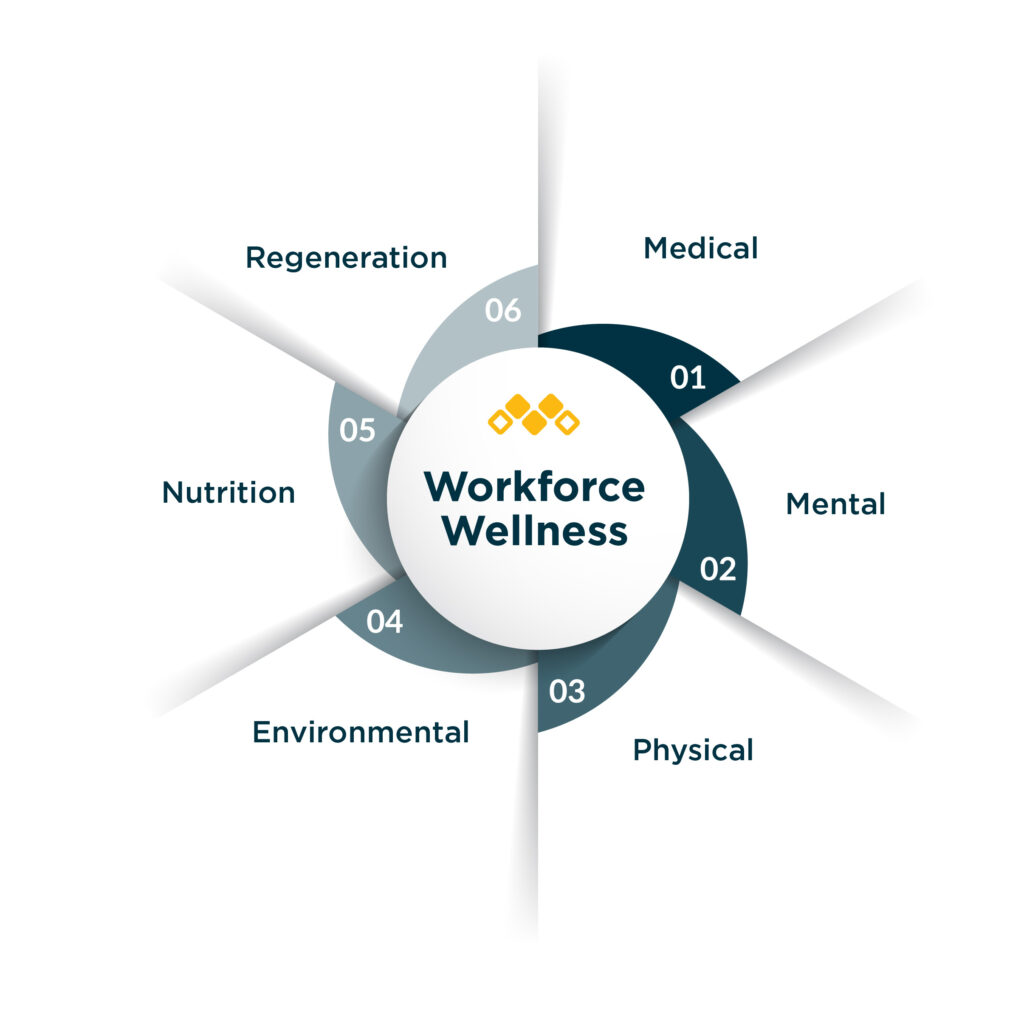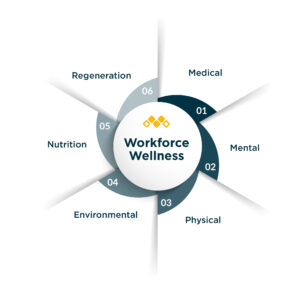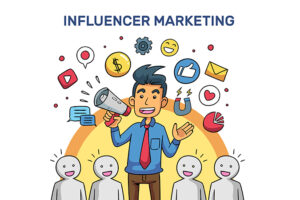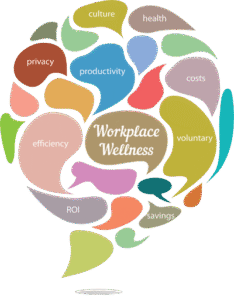Navi Mumbai Tragedy: A Sobering Look at Executive Well-being
6 min read
The tragic death of Navi Mumbai businessman N. C. Jacob, 54, who reportedly set his rented flat on fire after an alcohol-fueled domestic quarrel, serves as a stark and distressing reminder of the profound impact of unaddressed stress, mental health challenges, and addiction, particularly within high-pressure executive environments. While the immediate cause of the fire and Jacob’s death are still under investigation, the incident, as reported by The Times of India, underscores a critical societal issue: the often-hidden struggles of professionals grappling with immense pressure, and the pressing need for corporations to prioritize comprehensive mental well-being initiatives.
Background: The Silent Battle in the Boardroom
The incident in New Panvel, where Jacob was found dead after a fire, his wife having been away to file a complaint against him, paints a grim picture of a life spiraling under the weight of personal demons, potentially exacerbated by professional and societal expectations. While the specifics of Jacob’s professional life are not fully detailed, the moniker “businessman” often carries connotations of demanding schedules, high stakes, and relentless performance pressure. This environment, if devoid of adequate support systems, can become a breeding ground for chronic stress, anxiety, depression, and even substance abuse, as evidenced by Jacob’s reported alcoholism and domestic strife.
Globally, the landscape of executive well-being is increasingly fraught. Senior leaders and managers are frequently exposed to unyielding demands: long working hours, constant connectivity, global travel, the pressure of decision-making with significant financial and human consequences, and the persistent need to project an image of unwavering competence and resilience. Studies from organizations like the World Health Organization (WHO) and the International Labour Organization (ILO) consistently highlight the escalating burden of mental health conditions in the workplace, costing the global economy billions annually in lost productivity. Executives, despite their apparent success, are often at the sharp end of this epidemic, feeling a unique isolation and immense pressure to conceal any signs of vulnerability, lest it be perceived as a weakness detrimental to their careers.
Key Developments: Unmasking the Stigma and Seeking Solutions
For too long, mental health in the corporate sphere has been a taboo subject, particularly at leadership levels. The prevailing culture often equates asking for help with a lack of capability, hindering executives from seeking necessary support. However, recent years have witnessed a slow but significant shift in this narrative. The COVID-19 pandemic, with its unprecedented disruption and heightened stress levels, served as a catalyst, forcing organizations worldwide to confront the mental health crisis head-on. There’s a growing recognition that mental well-being is not merely a human resources concern but a fundamental business imperative, directly impacting productivity, innovation, employee retention, and overall organizational resilience.
Today, companies are slowly moving from reactive crisis management to proactive prevention. Initiatives range from mental health awareness campaigns and de-stigmatization efforts to offering more robust support systems. There’s a burgeoning understanding that high-performing individuals, including those in executive roles, need accessible and confidential resources to manage stress, burnout, and mental health conditions. Many organizations are beginning to invest in training managers to identify signs of distress in their teams, fostering an environment where seeking help is normalized, and integrating mental health support into broader **corporate wellness programs**.
Impact Analysis: The Far-Reaching Consequences of Neglect
The consequences of unaddressed executive stress extend far beyond the individual, creating a ripple effect that impacts families, organizations, and society at large. For the individual, chronic stress can manifest in severe physical ailments, strained personal relationships, and a profound deterioration of mental health, sometimes leading to tragic outcomes like the Navi Mumbai incident. The emotional toll on families, partners, and dependents when a loved one battles addiction or mental illness in isolation is immense and often invisible.
Within organizations, a leadership cadre struggling with mental health issues can inadvertently foster a toxic work environment, leading to poor decision-making, decreased employee morale, higher turnover rates, and a significant drop in productivity and innovation. The financial burden through absenteeism and presenteeism (employees present but unproductive due to mental distress) is substantial. Moreover, unaddressed stress at the top can cascade down, normalizing unhealthy work habits and creating a culture where employees at all levels feel unable to prioritize their own well-being.
Relevance for International Students and the Future Workforce
For international students aspiring to global careers, understanding this evolving landscape of corporate well-being is crucial. Many will eventually seek employment in demanding international corporate environments, where the pressures can be compounded by cultural adjustments, language barriers, and the complexities of immigration. They must be equipped to navigate these challenges and proactively seek out employers who demonstrate a genuine commitment to employee mental health. As the global workforce becomes increasingly aware of mental well-being, robust **corporate wellness programs** are becoming key differentiators for attracting and retaining top talent.
Future professionals should not only focus on academic and professional excellence but also on developing personal resilience, self-care strategies, and the ability to identify and address mental health concerns. Companies with strong support systems, including comprehensive **corporate wellness programs**, will be better positioned to attract this new generation of talent who increasingly prioritize work-life balance and mental health. For those embarking on an international journey, being aware of available support structures and prioritizing employers that offer such programs can significantly ease the transition and enhance their success.
Expert Insights & Effective Corporate Wellness Programs
Leading experts in organizational psychology and occupational health advocate for a multi-faceted approach to executive mental well-being. Effective **corporate wellness programs** must be holistic, extending beyond rudimentary physical health initiatives to genuinely integrate mental health support. This requires a cultural shift, where empathy and psychological safety are embedded in the organizational DNA.
Key components of truly impactful **corporate wellness programs** include:
- Confidential Employee Assistance Programs (EAPs): Providing easy, confidential access to counseling, therapy, and psychological support services. These should be well-promoted and de-stigmatized.
- Mental Health Literacy Training for Leaders: Equipping managers and executives with the skills to recognize signs of distress in themselves and their teams, respond empathetically, and guide individuals towards appropriate resources. This is not about turning managers into therapists but fostering supportive leadership.
- Flexible Work Arrangements and Work-Life Balance Initiatives: Empowering employees, especially at executive levels, to manage their schedules effectively, integrate personal responsibilities, and protect time for rest and rejuvenation. This includes setting clear boundaries on after-hours communication.
- Stress Reduction and Mindfulness Programs: Offering workshops and resources that teach practical techniques for stress management, resilience building, and mindfulness.
- Peer Support Networks: Creating safe spaces for executives to share experiences, challenges, and coping strategies with peers who understand their unique pressures.
- Proactive Mental Health Check-ups: Normalizing regular mental health assessments, similar to routine physical health check-ups, to catch issues early.
- Cultivating Psychological Safety: Establishing a workplace culture where employees feel safe to speak up, admit mistakes, and express vulnerabilities without fear of retribution or negative career impact.
Beyond corporate initiatives, individuals must also cultivate self-awareness, prioritize self-care, set healthy boundaries, and actively seek support when needed. Building robust personal support networks, both professional and familial, is a critical layer of protection against burnout and isolation.
Looking Ahead: Prioritizing People for Sustainable Growth
The Navi Mumbai tragedy, and countless similar untold stories, serve as a stark reminder that the human cost of unaddressed executive stress is too high to ignore. As societies and economies become increasingly interconnected, the expectation for corporate responsibility extends to the holistic well-being of all employees, including those at the very top. The future of sustainable corporate growth lies not just in financial performance, but in fostering environments where mental health is prioritized as a strategic asset.
The trend towards comprehensive **corporate wellness programs** is only set to accelerate. Governments and regulatory bodies may eventually mandate more stringent mental health support, while the evolving expectations of the global talent pool will push companies to distinguish themselves through genuinely caring and supportive work cultures. For international students and professionals, choosing organizations that demonstrate this commitment will not only safeguard their personal well-being but also position them for more fulfilling and successful careers in an increasingly demanding world.
Reach out to us for personalized consultation based on your specific requirements.



